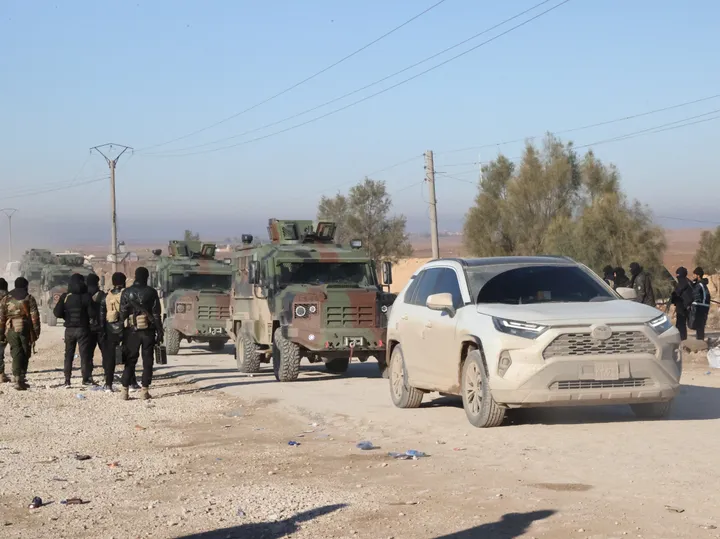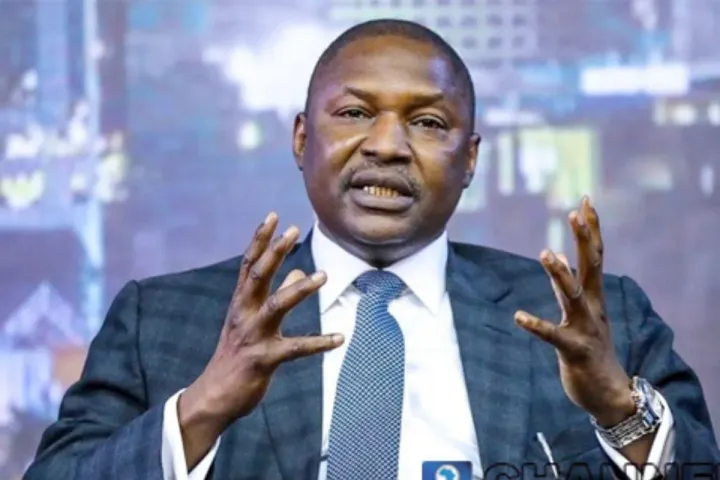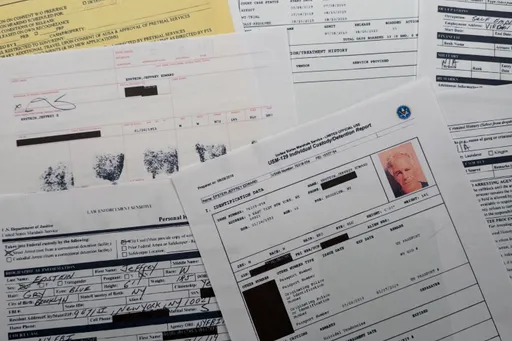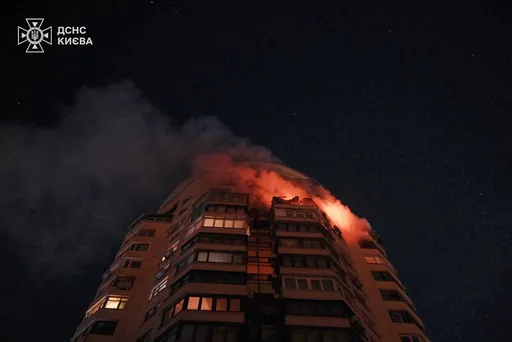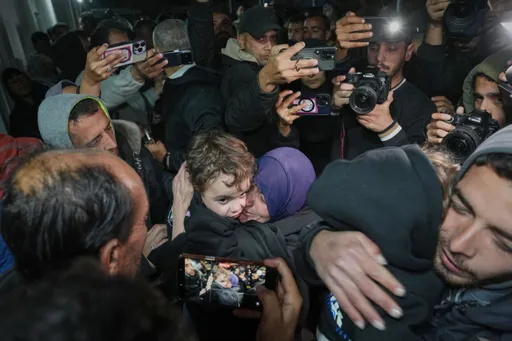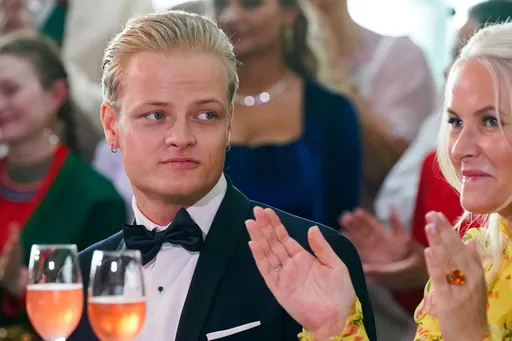Masoud Barzani, the president of northern Iraq's Kurdish Regional Government (KRG), has taken a turbulent path of holding a referendum among the region's Kurdish population.
The aim of the poll is to find out whether northern Iraq's Kurds still aspire for an independent Kurdish state. Although it will be a non-binding vote, Barzani is likely to use it as a reference point if he argues before the international community for a separate statehood.
Except Israel, which supports the creation of independent Kurdish state, Iran, Syria and Turkey and other regional and international powers have opposed Barzani's move, arguing that it will evoke unrest in the Middle East. For Turkey, the vote will also violate the status quo in Mosul Vilayet, or northern Iraq, a disputed territory between Ankara and Baghdad.
At a deeper look into KRG's political situation, however, Barzani comes across as a leader who's deeply troubled by the growing opposition from the region. He does not control the entire northern Iraq. His political rivals hold a strong influence over almost half of the disputed territory.
Just three months ago, he was on friendly terms with Turkey, willing to broaden his cooperation with the state on various fronts. On his official visit to Ankara on February 28, the Turkish state welcomed him by taking an audacious step, raising not only Iraq's national flag but also the KRG's flag. Turkish Prime Minister Binali Yildirim courted criticism from the national press for allowing the KRG flag at the event, but he defended the move saying that the flag of an autonomous region like the KRG can be displayed, describing it a standard practice in international diplomacy.
A blatant shift
Three months later, Barzani's call for Kurdish referendum embittered the blossoming ties between the two sides.
On September 23, Barzani called off his press conference, in which he was likely to justify his decision and also elaborate on the logistics of the referendum. He is under immense regional and international pressure. Turkey's President Recep Tayyip Erdogan warned him of sanctions on KRG if the referendum was held. The United States had been trying to reason with him that the vote could complicate things in the region and affect its fight against Daesh. Iran and Iraq also criticised the move.
With the last minute cancellation of the press conference, a cloud of uncertainty looms large over the referendum, leaving Barzani at a vulnerable spot.
In the past few years, Barzani's grip over KRG has weakened with the growing political opposition from Patriotic Union of Kurdistan (PUK) and its splinter group, the Gorran.
Barzani and his longtime rival from PUK Jalal Talabani have differing worldviews. While Barzani is a religious conservative, Talabani is a socialist.
Experts perceive Barzani's sudden call for a referendum in two ways: one, as a move to block the opposition's advance and "save his post"; two, a greater plan formulated by the international players led by America to carve out a unified Kurdistan.
"During the 1990s around the first Gulf War," said Cevat Ones, the former deputy director of Turkish national intelligence agency, "the US's Middle East policy became clear [in northern Iraq]. The Soviet Union was already defeated and Americans wanted to benefit from the Middle East"
In the early 1990s, the US and its allies established a no-fly zone called 36 Parallel over northern Iraq. The fly-zone was built to prevent former Saddam Hussein's regime to make advances in the disputed region.
Around the same time, a de-facto Kurdish region was formed in northern Iraq. Turkey supported it, hoping it would bring peace in the region. But PKK, which is recognised as a terrorist organisation by Turkey, the US, and the EU, continued to attack the Turkish state throughout the 1990s and they operated from both northern Iraq and northern Syria.
Between 1989 and 1991, Ones headed the Turkish intelligence unit in Diyarbakir, one of the most crucial posts in the country’s Kurdish-dominated region.
A glimpse of Ones' assessment — that the Western powers are planning to redraw the Middle East map — was seen in a New York Times article, which says that Paul J. Manafort, US President Donald Trump's former campaign manager, has been aggressively working for Barzani to promote the independence referendum.
The great game
It's not the Trump administration that has formulated the plan. It was revealed in June 2006, when former US Secretary of State, Condoleezza Rice, visited Tel Aviv, Israel.
While inaugurating an oil terminal in Tel Aviv, Rice introduced the term "New Middle East" and described Israel's war with Lebanon as "the birth pangs" of the New Middle East.
Many experts, including Ones, believe that the creation of independent Kurdistan will be the preparatory ground for the new divisions of the Middle East.
There is also a talk in foreign policy circles that Russia and other world powers are on board to change the frontiers of the Middle East and the first step is to create an independent Kurdish state.
The US and Russia seem to be on the same page when it comes to creating a Kurdish state but they differ on what kind of leadership should govern it. And that goes back to the ideological differences between Barzani and Talabani and other regional players.
On the other hand, Russia and US have competing views on Syria, where a considerable number of Kurds live. And the US's support to the PKK affiliate PYD and Russia's backing of the Assad regime has already compromised the security of the entire region. In all this, Turkey is facing a massive security risk, leave aside the burden of 3.5 million refugees the country hosts.
Amidst the referendum controversy, Moscow signed a $1 billion oil deal with Barzani's government, a move that raised eyebrows in Turkey's foreign policy corridors. The country's state-owned company Rosneft will develop oil pipelines in five different locations of KRG.
Beside opening a new trading chapter with KRG, Russia like the US has strong relations with PKK’s Syrian wing PYD, which claimed most of the northern Syrian territories during the civil war. They have renamed the occupied territories as Rojova, meaning western Kurdistan.
Internal rifts
Rising political differences within the KRG, the intraparty fighting between various Kurdish groups, PKK's security threat against Turkey and a civil war in Syria, Barzani has chosen to remain silent on all these issues. His silence is either a tactic to keep these questions at bay until the referendum is held, or a moment of introspection in which he may be planning a retreat.
For Barzani the stakes are too high. When it comes to dealing with Turkey, he's worked too closely with Ankara for KRG's stability. Now that they have grown estranged so quickly, the nature of their relationship has turned complicated.
Turkey is a major trade partner of the KRG. Turkish businessmen dominate the region's economy. According to a Finnish-Swiss report, about 75 to 80 percent of the construction projects in KRG were taken by Turkish companies, including the civilian airport in Erbil, the region's capital city. And some Turkish newspapers have accused Barzani of holding heavy stakes in Turkish companies.
But beyond economic interests, Barzani and Turkey’s AK Party government have followed a common political agenda since the early 2000s. The cooperation includes fighting against the PKK. The armed group has also been an archrival of Barzani and his political movement of Kurdistan Democratic Party (KDP) since 1980s. Ankara and Erbil have also worked together in their fight against Daesh in northern Iraq and Syria.
The Syrian civil war brought Ankara and Barzani closer. The KRG desperately needed a strong ally against the Shiite-dominated Baghdad government to protect its autonomous governing body. So Barzani turned to Turkey for diplomatic support.
KRG's economic woes
Barzani visited Turkey’s Kurdish-dominated Diyarbakir province in November 2013 to extend his support to Turkey’s Resolution Process, which was launched by Ankara in early 2013 to address the country’s Kurdish question by promising full cultural rights to the Kurds and disarming the PKK. To highlight the strengthening ties, both Erdogan and Barzani addressed a Kurdish crowd of several thousand people, a significant event in Turkey's recent history.
As Barzani fell on hard times, unable to even pay salaries to KRG's civil servants and military, Turkey came to his rescue, sending $2 billion to cover some basic costs. According to New York Times, KRG continues to struggle economically with an accumulated debt of $20 billion.
Barzani is also dealing with serious political uncertainty in KRG. His presidential term ended two years ago and the elections for the post should have been held in August 2015. But he proposed to change KRG's governing structure from presidential to parliamentary system through a referendum. The move was rejected by most of the members of KRG's parliament.
Since then, KRG's parliament has been almost dysfunctional. A parliamentary session was called this month only to debate Barzani’s decision to hold the referendum. The parliamentarians affiliated with the Gorran movement, which is the second most powerful party in the KRG, were not allowed to participate in the session because they had marked a strong protest against the referendum. Then other Kurdish, Turkmen and Assyrian political groups also spoke against the vote. The PKK, whose leadership is located in the Qandil Mountains in northern Iraq, opposed it, too.
The contrasting views on Kurdish independence have long existed. An American think-tank International Crisis Group released a report in 2009, in which it anonymously quoted a senior KRG minister saying, "we have the right to be independent, but if that doesn’t work out, then I’d rather be with Turkey than Iraq, because Iraq is undemocratic.”
The report carried an opinion of another senior KRG politician. “The KRG’s strategic interest is with Turkey. Turkey’s influence in the Kurdistan region far exceeds Baghdad’s. The Kurds are ethnically closer to the Persians, but strategically and economically a rapprochement with Turkey would make a lot more sense”
“We could see the revival of Mosul Vilayet,” the leader told the Crisis Group.
The thought resonated with Turkey's National Pact, which was declared during the Independence War in 1920s. According to the Pact, the Mosul Vilayet or northern Iraq is a former Ottoman province, which should be part of Turkey.
President Erdogan last year referred to the Pact during the Mosul operation, when Turkey expressed its willingness to participate in the battle against Daesh along with KRG and the US-backed Iraqi government.
The US and the Iraqi government refused to allow the Turkish troops to join the fight. To convince the two powers to let Turkey participate, Erdogan referred to the National Pact. "We cannot stay out of what is going on in Mosul where we have a (national) legacy,” Erdogan said last October, referring to the legacy of Mosul Vilayet.
“They [the US and Iraqi government] need to read National Pact, then, they will have a better understanding of what I am saying.”
Bad timing
“The timing of the referendum is too early, given the realities of the region,” said Sheik Salar al-Hafeed, a prominent member of Kurdish Berzenci family from Sulaymaniyah, a stronghold of Barzani's political rival Jalal Talabani’s Patriotic Union of Kurdistan (PUK) and the Gorran.
Salar has defended the merger of northern Iraq with Turkey for years. Hafeed has been a founding member of the Mosul Vilayet Council, which made its first declaration in Ankara in 1992. “A referendum like this should be held under the guidance of the United Nations and it should have options like staying in Iraq or joining with countries like Turkey,” Salar told TRT World.
The question of Mosul Vilayet or northern Iraq was left unresolved in the Treaty of Lausanne of 1923, which determined the borders of modern Turkey. The dispute over northern Iraq went to the League of Nations, the predecessor organisation of the UN, which established an inquiry commission to decide whether the region should be part of Turkey or Iraq under the British mandate.
At the end, in 1926, the commission decided to put northern Iraq under the Iraqi governance but with a set of conditions which included providing cultural and political rights to the people who live in the region. In addition, the commission’s report stated that it is "indisputable that Turkey retains her legal sovereignty over the disputed territory so long as she does not renounce her rights. Iraq has no legal right or right of conquest over that territory. The Iraq State did not exist at the termination of hostilities. Iraq 'as it actually exists' (Lord Larmoor at Geneva, 1924) can only comprise the undisputed part of the country.”
An internal memorandum of UN Department of Humanitarian Affairs dated in April 1992 confirmed “the Mosul Vilayet, northern (Kurdish) Iraq, which the League of Nations Council conditionally attached to Iraq in 1926.”
Turkey and Britain eventually signed the Ankara Treaty of 1926, marking the disputed status of northern Iraq and drawing its border with Turkey. But in case of division or separation like the current Kurdish independence, the treaty will lose its meaning, allowing Turkey to reclaim its rights on the disputed territory.
Turkish PM Yildirim echoed that sentiment on September 22. If there will be any kind of critical change in Iraq, he said “Turkey will decisively use its (historical) rights.”

